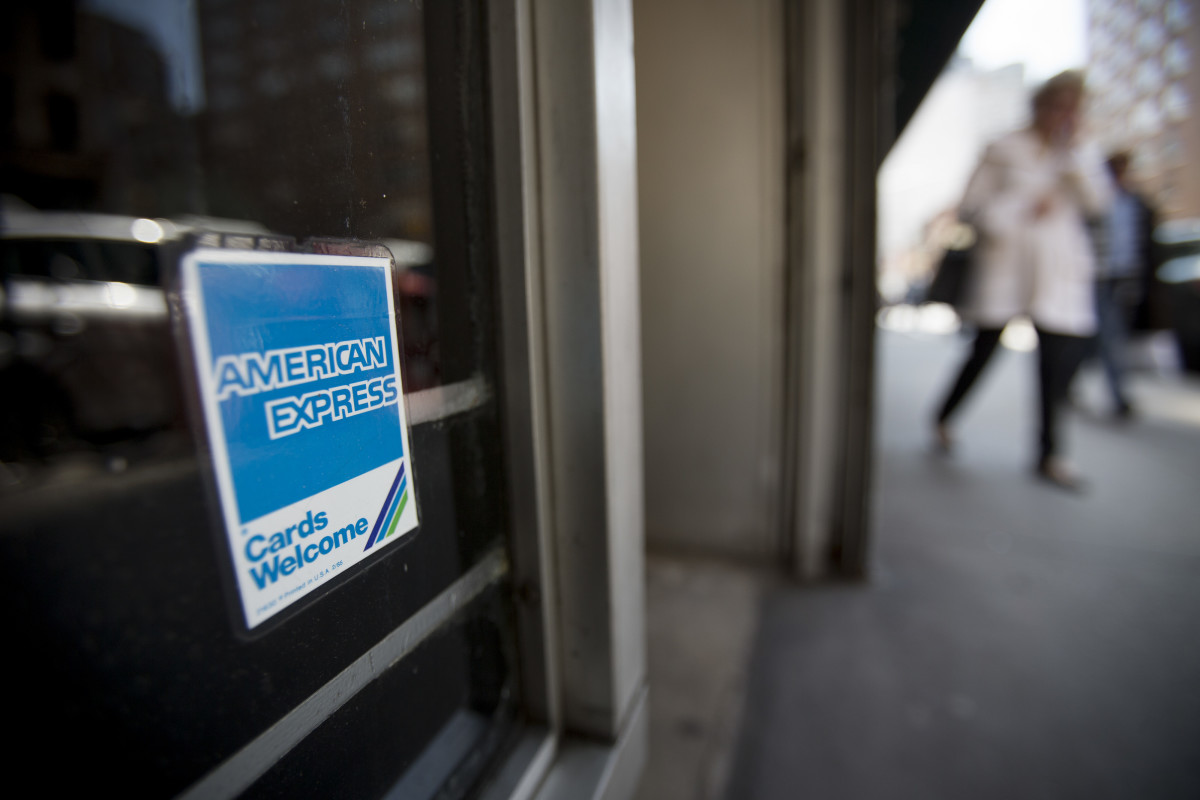
It's the sign every driver needs to heed: Proceed with Caution.
The words warn motorists to be wary as they head down the road because they don't know what's around the next curve.
Related: Analysts retool Home Depot stock price target following earnings
Proceed with Caution is also the message coming from several companies, particularly in the travel and homebuilding sectors, as they see consumers slowing their spending due to concern about the economy and their budgets.
In a recent interview with TheStreet.com’s Conway Gittens, Jeffery Roach, chief economist for LPL Financial, cited some “leading indicators where you're starting to see the beginnings of a slowdown.”
“This is not a massive type of recessionary type slowdown, but a slowdown nonetheless,” he said.
Take the case of Home Depot (HD) , the world's largest home-improvement retailer, for example.
While the Atlanta company beat Wall Street's fiscal-second-quarter earnings expectations, Chief Executive Ted Decker recently told analysts that higher interest rates and greater macroeconomic uncertainty "pressured consumer demand more broadly, resulting in weaker spend across home improvement projects."

Home Depot CEO: Weather changes also a factor
"Additionally, we saw continued softness in spring projects, which were also impacted by the extreme weather changes throughout the quarter," he added.
Related: Lowe’s reveals grim outlook on future sales amid concerning trend
When looking at the performance in the first six months of the year, as well as continued uncertainty around underlying consumer demand, Decker said, "We believe a more cautious sales outlook is warranted for the year."
Brandon Sink, chief financial officer of Lowe's (LOW) , had similar concerns, telling analysts that "the home improvement backdrop remains challenging, and consumer sentiment remains weak."
"Mortgage rates obviously come down," he said. "We expect that to continue to come down further as we turn into '25. But we look at consumer sentiment, existing home sales, housing affordability; those are still concerns. We continue to see pressure there."
"Consumers are still showing a preference for services versus goods, especially in home improvement," Sink said.
Don't miss a move. Sign up for TheStreet's free daily newsletter
In another sign of economic caution, Airbnb (ABNB) Co-Founder and Chief Executive Brian Chesky said during the company's earnings call that "we are seeing shorter booking lead times globally in some signs of slowing demand from U.S. guests, and our Q3 outlook incorporates these recent trends."
Chesky added that the company, an online marketplace for short- and long-term homestays, is "watching these trends closely along with the impact any macroeconomic pressures might be causing."
Airbnb CFO Ellie Mertz said, "softness in terms of longer lead times, that is a big factor in terms of the outlook that we've provided."
Related: Expedia CEO flags a trend that is hurting its pockets
"Over the last couple of years, as we emerged from Covid, there were several periods where we saw ... some volatility in terms of overall lead times and, in particular, some hesitancy for consumers to book those longer lead time trips," she said. "I suspect that's what we're seeing right now."
Mertz added that "the silver lining with regard to the trends that we're seeing right now is not that consumers are not necessarily going to book that trip for Thanksgiving or Christmas; it just appears that they have not booked it yet."
And that brings us to American Express (AXP) , which last month came in a little short of Wall Street's quarterly revenue expectations.
Analyst: consumer spending 'less than robust'
Stephen Squeri, the credit card giant's chairman and CEO, said that much of its consumers' spending is discretionary.
"And for our consumer, if they decide they're going to pull back, they'll pull back a little bit on the discretionary, but they'll continue to pay their bills, which is why our credit numbers continue to be so strong, and we continue to widen the gap between us and our competitors," he said during the company's earnings call.
More Economic Analysis:
- Black Monday on Wall Street: 5 reasons stocks are plummeting
- After the Fed tipped markets over, now what?
- Jobs report triggers key recession warning signal as stocks plunge
"So we feel that the U.S. consumer has been pretty consistent, and we think it's going to be pretty consistent throughout the year," Squeri said.
CFO Christophe Le Caillec said, "While we are not in a high-growth spend environment, particularly in the U.S., our spending volumes are tracking in line with our expectations and support our revenue expectations for the year.”
Nevertheless, Bank of America Securities analyst Mihir Bhatia downgraded American Express on Aug. 21 to neutral from buy with a $263 price target.
While the investment firm maintains a favorable view of AmEx's execution and longer-term strategy, recent commentary from retailers and travel companies suggests that the spending backdrop is challenging.
B of A sees limited incremental upside given subdued growth in billings volume and the premium valuation of the stock, Bhatia said.
"U.S. consumer spending trends and outlooks are less than robust," he wrote in a note to investors. "Every lodging company covered by B of A Lodging analyst Shaun Kelley cut their 2024 [revenue per available room] guidance, in part due to weaker leisure travel."
While Bhatia said American Express's full-year targets for revenue and earnings per share are still achievable, "we think it is increasingly likely that AmEx will come in at the low end of the range on the top line."
"Reported billings growth was 5.5% and revenue growth was 8% in 2Q24," he said. "Given the challenging backdrop, we think billings likely remain in this range, weighing on revenue growth in the near term."
Related: Veteran fund manager sees world of pain coming for stocks







